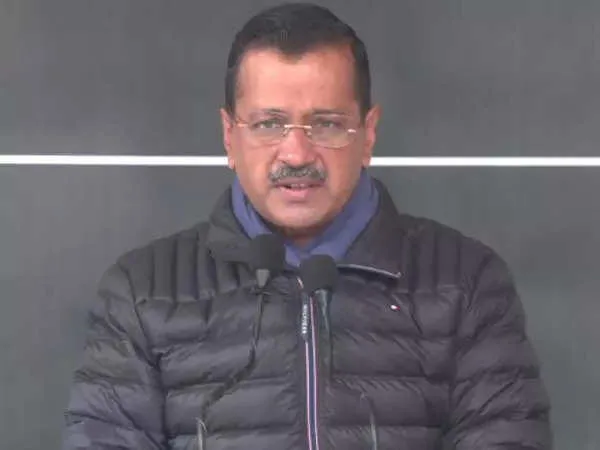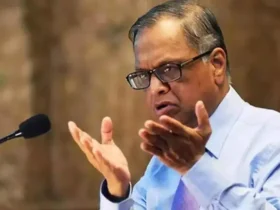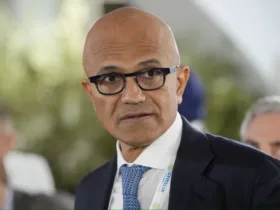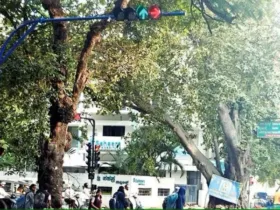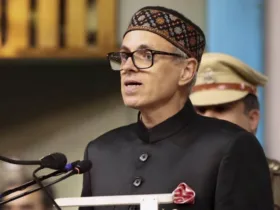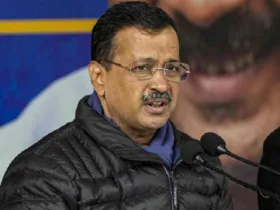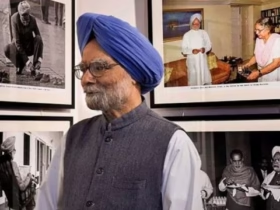The Delhi Women and Child Development (WCD) Department recently clarified that the Mahila Samman Yojana, announced by Chief Minister Arvind Kejriwal, has not been officially notified or implemented. This announcement followed confusion and inquiries surrounding the alleged scheme, which had been highlighted during Kejriwal’s public speeches as a measure to empower women in Delhi.
Background of the Mahila Samman Yojana
Chief Minister Arvind Kejriwal had earlier spoken about the Mahila Samman Yojana as a flagship initiative to provide financial and social security to women in the national capital. The scheme was described as a step toward ensuring the safety, empowerment, and welfare of women through targeted policies and programs. However, the lack of official documentation or notification regarding the scheme has raised questions about its existence and implementation timeline.
WCD Department’s Statement on Mahila Samman Yojana
In an official statement, the Delhi Women and Child Development Department clarified that the Mahila Samman Yojana has not been notified or operationalized. The department stated:
The statement also emphasized that while the government is committed to women’s welfare, any new scheme would follow the due process of approval, notification, and allocation of resources.
Public and Political Reaction on Mahila Samman Yojana
- Public Confusion: The clarification has led to confusion among citizens, particularly women who were anticipating benefits from the proposed scheme. Many have expressed disappointment over the non-existence of the program.
- Political Criticism: Opposition parties have criticized the Aam Aadmi Party (AAP) government, accusing it of making false promises to garner public support. Leaders from rival parties have demanded an explanation from Kejriwal’s administration regarding the misleading announcement.
- AAP’s Defense: AAP spokespersons have suggested that the Mahila Samman Yojana is still in the planning phase and will be rolled out after proper groundwork.
The Promises Made Under the Scheme
During his speeches, Kejriwal had outlined several benefits that the Mahila Samman Yojana was supposed to offer, including:
- Financial Aid: Monthly allowances for women from economically weaker sections.
- Skill Development: Training programs to enhance employability and entrepreneurship among women.
- Safety Measures: Strengthening women’s safety through better policing and infrastructure like CCTV cameras and lighting.
However, without official notification, these promises remain unfulfilled, raising concerns about the feasibility of such a scheme.
Importance of Women-Centric Policies in Delhi
Delhi, being a densely populated urban center, faces unique challenges in ensuring women’s safety, empowerment, and economic inclusion.
- Women’s Safety: Crimes against women in Delhi have been a persistent issue, making safety initiatives a top priority.
- Economic Empowerment: Women’s participation in the workforce in Delhi remains lower than the national average, highlighting the need for targeted financial and skill development programs.
- Social Welfare: Welfare schemes like housing, education subsidies, and healthcare are essential to uplift women from marginalized communities.
The Mahila Samman Yojana, if implemented, could address some of these critical areas, making its absence a missed opportunity.
Current Women-Centric Programs in Delhi
While the Mahila Samman Yojana has not been operationalized, the Delhi government has introduced other initiatives aimed at benefiting women, such as:
- Free Bus Travel for Women: A program that allows women to travel for free on Delhi Transport Corporation (DTC) buses.
- CCTV Surveillance: Installation of CCTV cameras in public areas to enhance safety.
- Mohalla Clinics: Healthcare services aimed at providing affordable and accessible care for women and children.
These programs have received mixed reactions, with some lauding their impact and others questioning their effectiveness.
The Path Ahead
The controversy surrounding the Mahila Samman Yojana highlights the need for transparency and accountability in government announcements. Experts suggest the following steps to ensure credibility and effective implementation of future schemes:
- Clear Communication: The government should provide detailed plans and timelines for any new initiative.
- Stakeholder Engagement: Engaging with women’s groups, NGOs, and policy experts can help design more effective programs.
- Regular Updates: Periodic updates on the progress of proposed schemes can build public trust and address concerns.
Conclusion
The Delhi government’s clarification on the Mahila Samman Yojana has sparked public debate and political backlash. While the initiative could have been a significant step toward women’s empowerment, its absence underscores the importance of thorough planning and communication in policymaking. The onus now lies on the Kejriwal administration to either expedite the scheme’s rollout or focus on strengthening existing women-centric programs to deliver on its promises.

